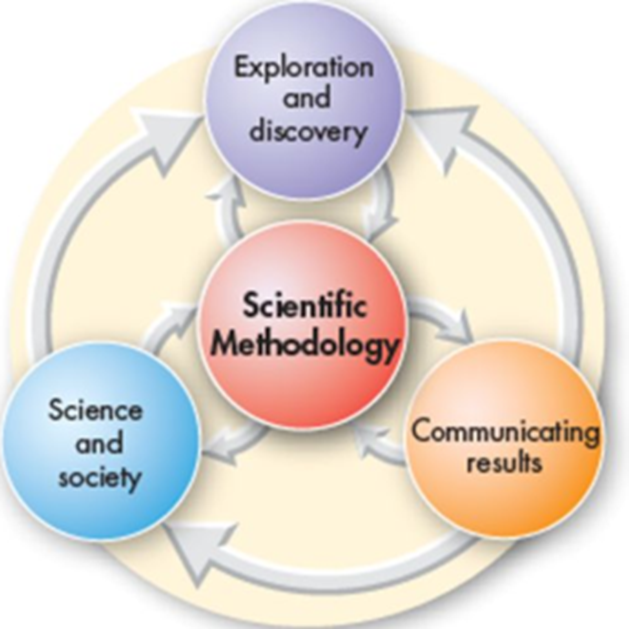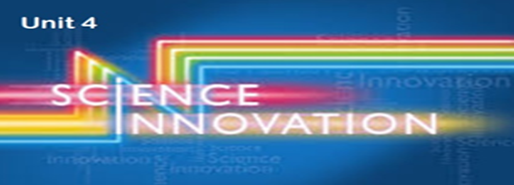Interdisciplinary Science A/T
The study of Interdisciplinary Science equips students with the skills to be independent thinkers and life-long learners w ho are confident to pursue a wide range of study pathways and careers. Students that undertake Interdisciplinary Science have a general interest in science as a subject and are looking to have a broad package without necessarily specialising in a particular field of science .
ho are confident to pursue a wide range of study pathways and careers. Students that undertake Interdisciplinary Science have a general interest in science as a subject and are looking to have a broad package without necessarily specialising in a particular field of science .
Course Pattern
Unit will be taught on a 2 year cycle, there are no prerequisites .

In this unit student will study conflicting or seemingly conflicting perceptions of science in a range of contexts. They will appreciate the underlying scientific principles and methodologies applied in justifying claims and how this information is presented and communicated. Scientific controversy may be explored through investigation of one or more scientific issues, topics or case studies. Students will study scientific a controversy or controversies that have significant interdisciplinary elements. Students will examine and draw on theories, concepts and principles from different fields within the science disciplines to reach informed conclusions.

In this unit, student will study the application of underlying scientific principles to explain how “things” work. Students will examine the science used in contemporary applications or explore things that happen in everyday life that society takes for granted. Hidden science may be explored through investigation of one or more scientific issues, topics or case studies. Students will study the hidden science that has significant interdisciplinary elements. Students will examine and draw on theories, concepts and principles from different fields within the science disciplines to reach informed conclusions.

Students will learn that scientific breakthrough is developed and applied within a context. Students analyse contextual factors contributing to past discoveries and research such as culture, geography, economics, and other factors. These contextual factors will be applied in investigation of development and application of contemporary science. They learn how progress in science can be made through unexpected outcomes or applications of a field of research and improvements in technology. Science in context may be explored through investigation of one or more scientific issues, topics or case studies. Students will study the science in context that has significant interdisciplinary elements. Students will examine and draw on theories, concepts and principles from different fields within the science disciplines to reach informed conclusions.

Students will study existing, future or theoretical research and how it can be applied to address an existing or emerging problem. Students will scan broad areas such as sociology, psychology, health, technology and industry to identify problems or areas of improvement. Students will investigate and evaluate current or emerging scientific research to determine the feasibility of solutions and their ethical implications. Innovative science may be explored through investigation of one or more scientific issues, topics or case studies. Students will study the scientific innovation that has significant interdisciplinary elements. Students will examine and draw on theories, concepts and principles from different fields within the science disciplines to reach informed conclusions.
